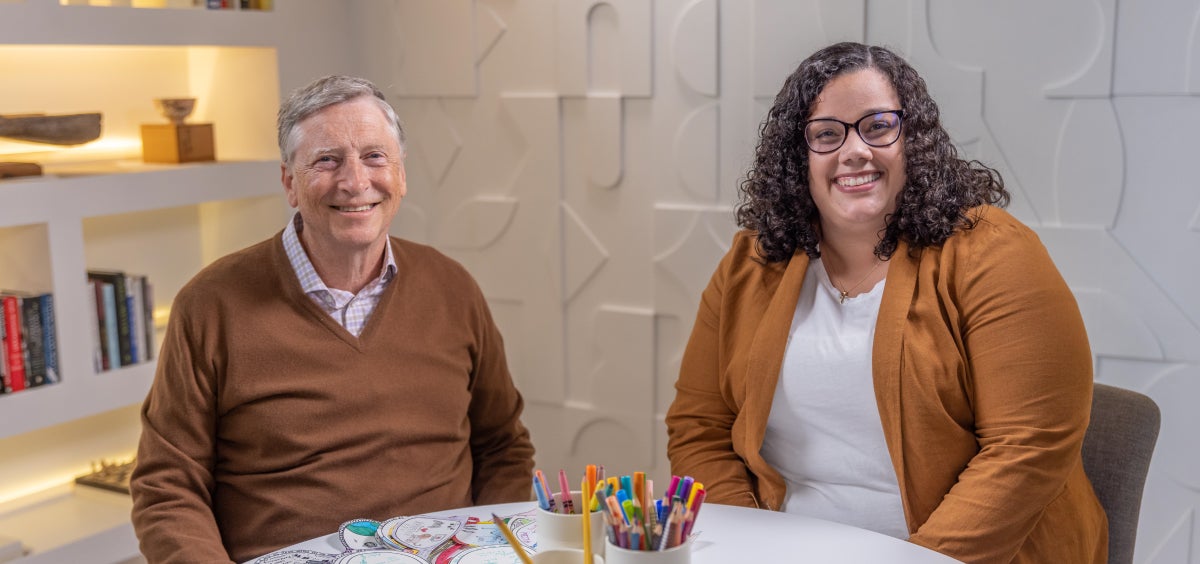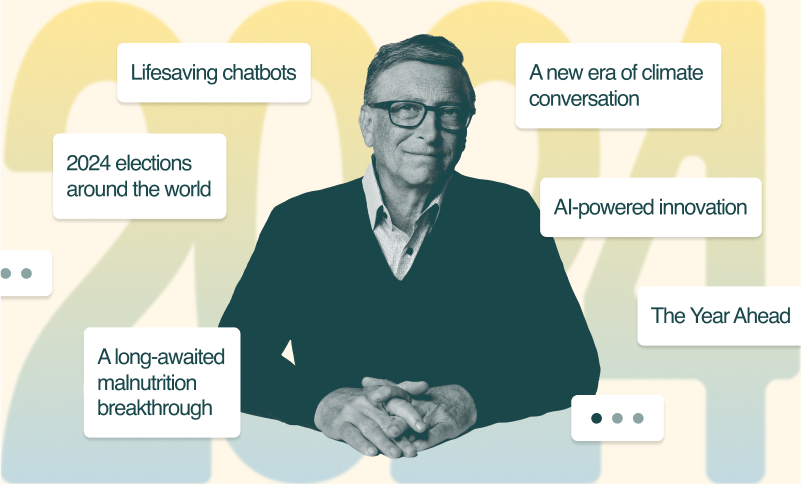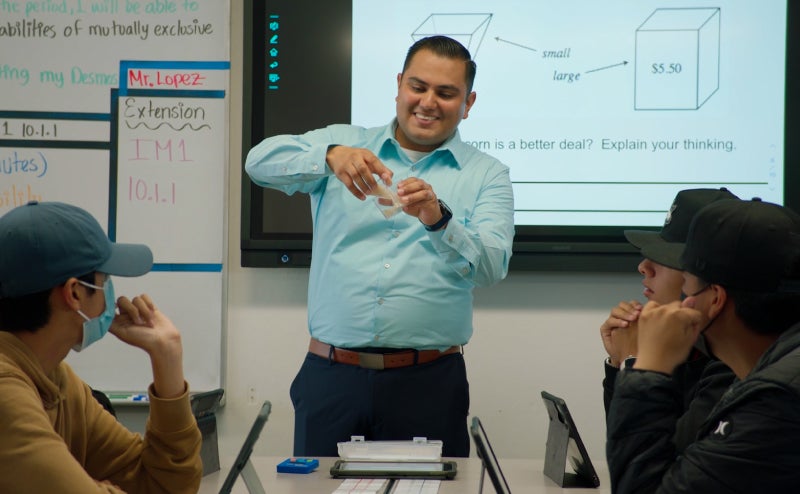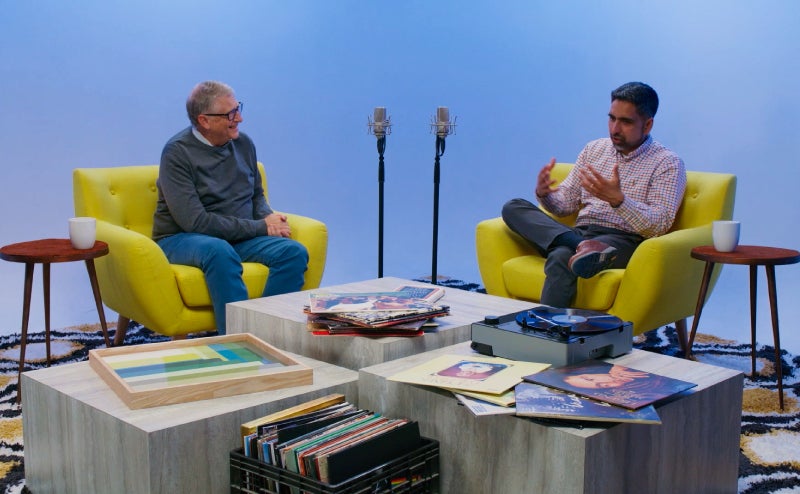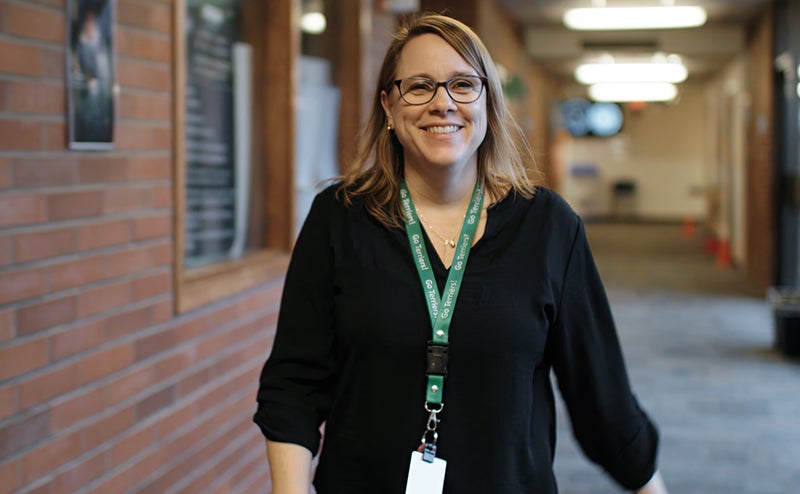Without financial aid, many of the neediest students cannot afford tuition and they give up on their dreams of going to college.
Every year, I get the opportunity to meet the Washington Teacher of the Year. And every time, I’m blown away by the brilliant, thoughtful educators that my home state picks. Still, I went into my meeting this year with higher expectations than normal. 2020 was the most challenging year ever for teachers, and I knew that anyone who earned this honor while teaching through a pandemic must be truly exceptional.
My meeting with Brooke Brown did not disappoint. She is an extraordinary teacher who has helped her students adapt to extraordinary times.
Brooke teaches ethnic studies and English to high school seniors at Washington High School, which is located just outside of Tacoma. Nearly two-thirds of the kids at her school are students of color, and over half are eligible for free lunch. Her ethnic studies class counts as a social studies credit and has been a popular choice since the school started offering it two years ago. More students sign up to take it every semester than her classroom can accommodate.
My school didn’t have ethnic studies when I was growing up, so I was curious to learn more about how Brooke approaches the subject. “We’re really looking at things like identity and race,” she says. “We’re historicizing where we are today by looking at the past and helping our students have a lens to understand what’s going on. It’s a lot about my students learning how to love themselves and their own past as we work to build a more beautiful future that includes all people.”
Brooke creates what she calls “learning communities” in her classroom where she is not the only one who responsible for educating. She invites her students to share their experiences and knowledge with the class. She teaches them about the connection between the past and present using mixers, role play exercises, and collaborative group projects to teach current events and help students apply critical thinking to issues involving gender, race, class, ethnicity, ability, climate change, and more. The goal is to encourage students to take action that makes an impact on the world.
She was kind enough to show me one of her favorite lessons to do with her students. The exercise we did together is all about understanding how other people see the world—and how their identity shapes that view.
It starts with a blank piece of paper that has the outline of sunglasses on it. Brooke asked me to draw things inside the glasses that form my identity, like a little stick figure that represents being a dad and a quote that means a lot to me. (You can see my finished sunglasses in the video above.)
I had a lot of fun doing the lesson with her, and I can see how the exercise helps create deeper understanding of the ways each of us approach the world. Brooke has her students share their lenses with one another to learn how they have more in common with one another than they originally thought. She hangs her students’ finished glasses on a bulletin board so students feel represented in the classroom.
Brooke’s lessons are designed to be super collaborative. Her classroom doesn’t even have desks, just big tables where all the students sit together. So, the pivot to online learning over the eighteen months was a big challenge. She’s had to find creative ways to make everything work over Zoom. For example, her lesson on Rosa Parks usually relies on printed handouts that take her about 15 minutes to put together. During the pandemic, she managed to make the lesson more interactive by recording a bunch of prompts instead of just sending students a document—something that required hours of Brooke’s time to prepare.
Her struggle with the time demands created by the pandemic mirrored those of her students. All of Brooke’s students are seniors, so many were essential workers who had to help provide for their families on top of their schoolwork. Brooke told me that her focus has been on helping them get through this difficult time and giving them the flexibility they need to keep up with school.
I am so impressed by Brooke’s ability to adapt to the realities of the pandemic. I know that this period has not been easy for her—or for any teacher. Teachers already deserved more support than many were getting, and that's even more evident after the last year and a half.
Although her school is planning a return to full-time in-person instruction this fall, Brooke has more change in store for her. She’ll be transitioning to a new role as an instructional equity specialist, working with schools across her district to implement ethnic studies and restorative practices to help make the classroom a more welcoming place for all students. Brooke is also implementing a tool that teachers across the country can use to impact change to create a more inclusive, multicultural classroom.
“The goal is really about how we can help students show up for one another in areas that don’t directly impact them,” says Brooke. “How can we cultivate that sense of compassion and not just empathy? Empathy is a feeling, but compassion is an action. I’m willing to take action to support you, even if it doesn’t directly impact me.”
